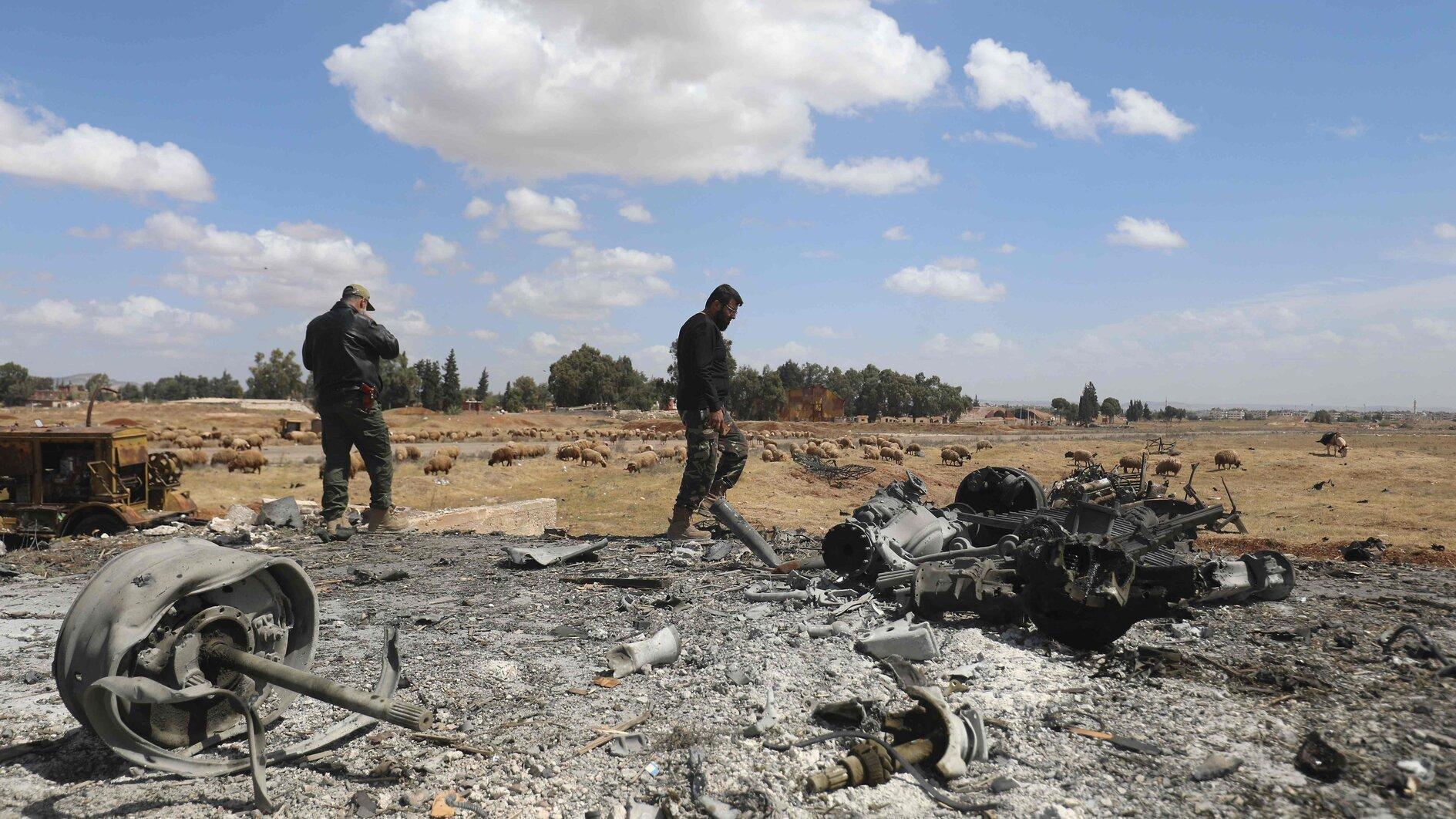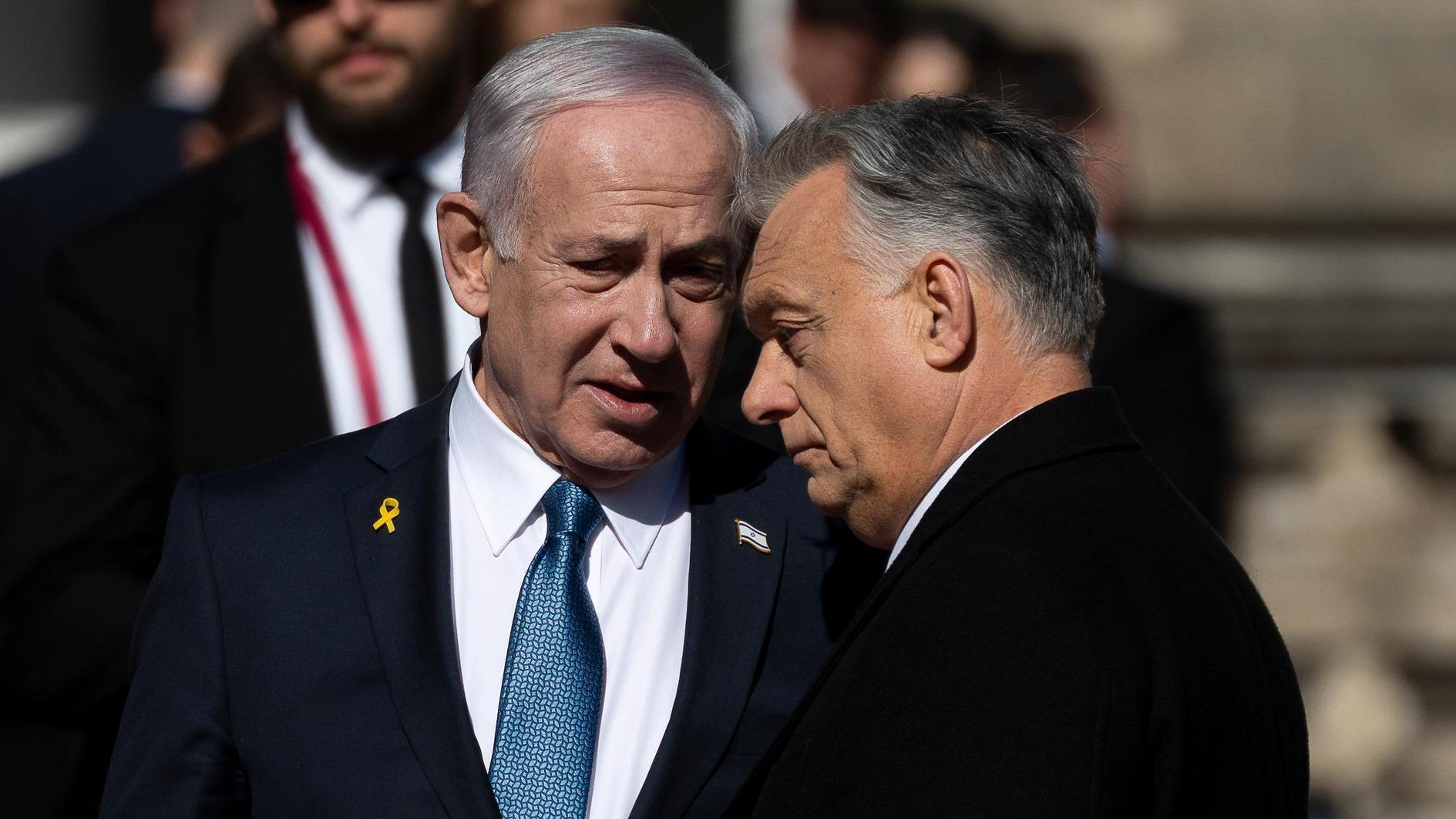Erdoğan plans a radical restructuring of the Turkish state
President Tayyip Erdoğan’s plans to reduce the number of ministries if elected seems to aim beyond simply cutting the spending of the huge bureaucratic machine of Turkey. The reporting of Hürriyet’s Nuray Babacan about a planned reduction in the number of ministries to 14 (with at most four deputy presidents) if Erdoğan is re-elected in snap elections on June 24 - or on July 8 if a second round is needed – seem to aim for a radical restructuring of the Turkish state apparatus, according to evaluations in Ankara’s political circles.
The framework of this restructuring is the April 2017 referendum transferring all executive powers to the president, who will also be given additional influence on the judiciary (such as the appointment of more judges to the Constitutional Court) and the parliament (such as enabling the president to keep the party chairmanship post).
In the current system there are 27 members of the cabinet: The prime minister, five deputy prime ministers and 21 ministers.
The biggest difference in the new system will be the lack of a prime minister, whether Erdoğan or some other candidate is elected. The president will form the cabinet and the cabinet will not need a vote of confidence in parliament. Another major change, which has already gone into effect, is that the chief of general staff and the head of the National Intelligence Agency (MİT) will directly report to the president as the commander in chief (they used to report to the prime minister).
The system being planned by Erdoğan and his team reportedly suggests the abolition of a number of ministries, handing some of their functions to other ministries and thus forming a more centralized structure. For example, European Union affairs will no longer be dealt with by a separate ministry and its functions are planned to be given back to the Foreign Ministry. Similarly, instead of having five different ministries involving in economic affairs (one deputy prime minister, one finance minister, one economy minister, one development minister, and one trade and customs minister) there could just be one economy-focused deputy president and one finance minister. The Agriculture Ministry and the Forestry Ministry could also be merged into one, as was the case many years before. Meanwhile, certain other ministries - such as the justice, interior, defense, health and transportation ministries - will keep their current structures.
The logic behind this radical restructuring is the centralization of all political decisions in presidential hands. The president will serve as head of the cabinet, which will be made up of ministers who are not members of parliament. If the president wants a certain name to be a member of his (or her) cabinet, then his or her membership of parliament will be lifted. The fundamental message is that there will be only one voice as the political decision-making mechanism: The president.
This reality weakens the possibility of Prime Minister Binali Yıldırım or Nationalist Movement Party (MHP) head Devlet Bahçeli (a major ally of Erdoğan during the referendum and now in the presidential and parliamentary elections) becoming a deputy president, according to evaluations being made in Ankara.
Erdoğan had actually signaled this kind of restructuring during the referendum campaign. He denied that it would mean “one-man rule,” instead claiming it will simply speed up decision-making mechanisms and increase the efficiency of the bureaucracy and the economy.











